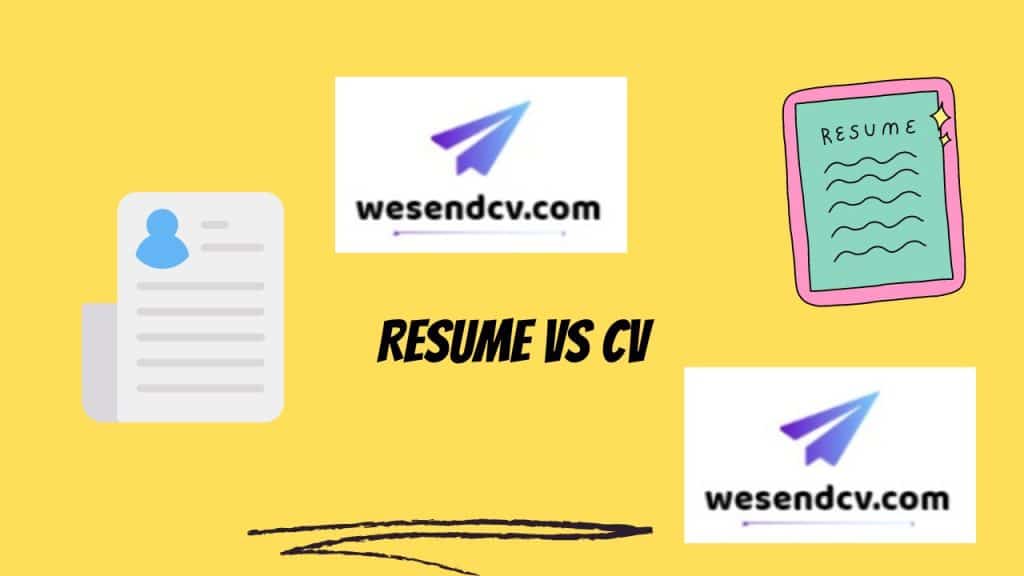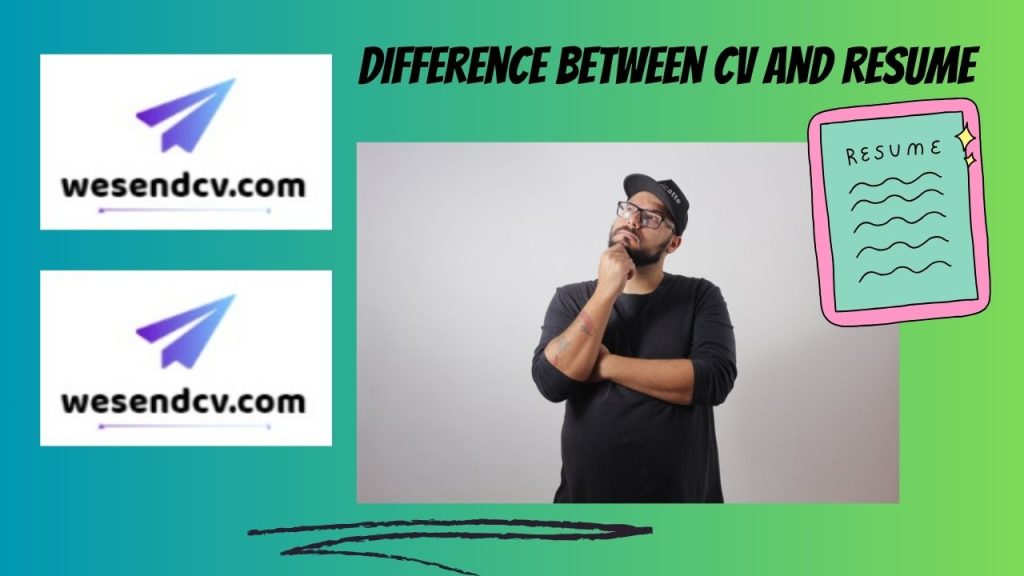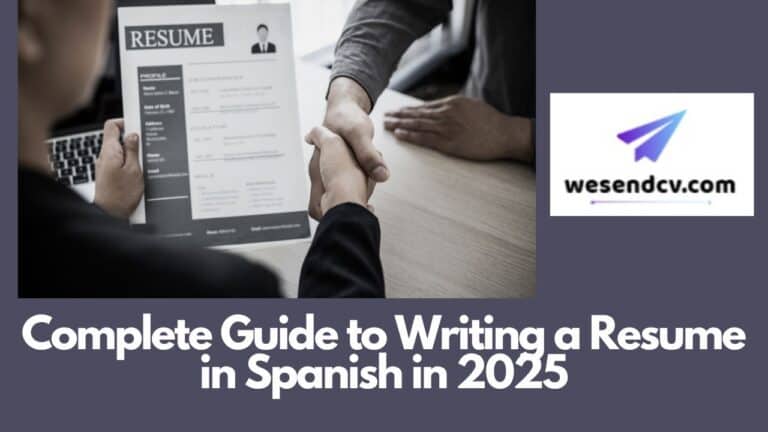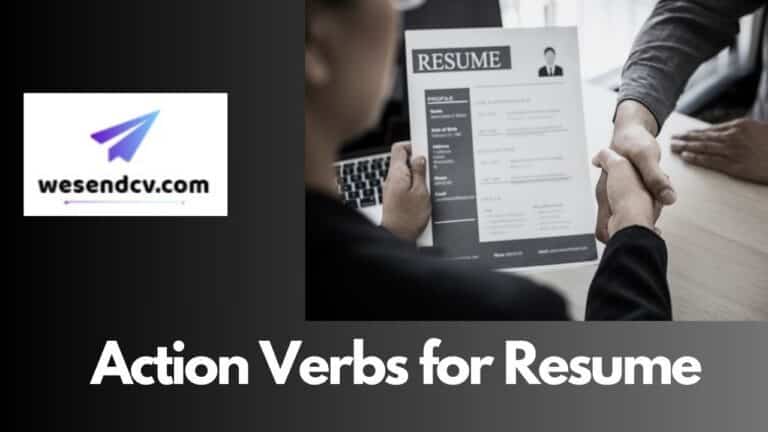When it comes to job hunting, two terms are often used interchangeably: CV (Curriculum Vitae) and Resume. While both documents serve the same purpose – to showcase your skills, experience, and achievements to potential employers – there are significant differences between the two. In this article, we’ll explore the differences between CV and Resume, and provide tips on how to create an effective CV or Resume.
What is a CV?
A CV is a comprehensive document that provides a detailed account of your entire academic and professional background. It is typically used in academia, research, and scientific fields, where a detailed record of publications, research experience, and academic achievements is essential. A CV usually includes:
- A summary or objective statement
- Education and academic background
- Research experience and publications
- Work experience and achievements
- Skills and certifications
- Awards and honors
- Professional memberships and affiliations
What is a Resume?
A Resume is a concise document that highlights your most relevant skills, experience, and achievements. It is typically used in business, industry, and the private sector, where a brief and to-the-point summary of your qualifications is essential. A Resume usually includes:
- A summary or objective statement
- Work experience and achievements
- Education and certifications
- Skills and qualifications
- Achievements and awards
- Professional memberships and affiliations
Difference Between CV and Resume
Here are the key differences between a CV and a Resume:
- Length: A CV is typically longer than a Resume, often 2-3 pages or more, while a Resume is usually 1-2 pages.
- Content: A CV provides a detailed account of your entire academic and professional background, while a Resume focuses on your most relevant skills and experience.
- Purpose: A CV is used to apply for academic or research positions, while a Resume is used to apply for business or industry positions.
Tips for Creating an Effective CV or Resume
Here are some tips for creating an effective CV or Resume:
- Tailor your document to the specific job you’re applying for
- Use a clear and concise format
- Highlight your most relevant skills and experience
- Use action verbs and keywords from the job description
- Proofread carefully to ensure accuracy and grammar

Here’s a friendly FAQ about the difference between a CV (Curriculum Vitae) and a resume. I hope you find it helpful!
FAQ: Difference Between CV and Resume
Q1: What is a CV?
A CV, or Curriculum Vitae, is a comprehensive document that provides a detailed overview of your academic and professional history.
Q2: What is a resume?
A resume is a concise summary of your work experience, skills, and education tailored for a specific job application.
Q3: How long is a CV?
CVs typically have no page limit and can span several pages, depending on your experience.
Q4: How long is a resume?
Resumes are usually one to two pages long, focusing on relevant information for the job you’re applying for.
Q5: When do I use a CV?
You’ll often use a CV for academic, research, or international job applications where a complete history of your achievements is required.
Q6: When do I use a resume?
You use a resume for most job applications in the private sector, emphasizing skills and experiences that align with the position.
Q7: What kind of information is included in a CV?
In a CV, you typically include:
- Detailed academic history
- Work experience
- Publications and presentations
- Awards and honors
- Skills and certifications
- Professional Affiliations
Q8: What kind of information is included in a resume?
In a resume, you typically include:
- Contact information
- Summary or objective statement
- Work experience
- Skills relevant to the position
- Education
- Certifications (if applicable)
Q9: Should I customize my CV or resume?
Absolutely! Tailoring your resume for each job application is crucial. With a CV, the basic content stays the same, but you may want to highlight certain aspects more than others, depending on the opportunity.
Q10: Is the term “CV” used the same way everywhere?
Not exactly! In some countries, “CV” refers to what is commonly called a resume in the U.S. It’s essential to understand regional differences when applying for jobs abroad!
Conclusion
In conclusion, while both a CV and a Resume are used to showcase your skills and experience, there are significant differences between the two. A CV is a comprehensive document that provides a detailed account of your entire academic and professional background, while a Resume is a concise document that highlights your most relevant skills and experience. By understanding the differences between the two, you can create an effective CV or Resume that helps you stand out in the job market. I hope this clears up the confusion between a CV and a resume! If you have any more questions, feel free to ask!
About the Author
Linda Kaurji – As a career coach with over a decade of experience in the industry, I’ve helped countless job seekers navigate the complex world of job applications. With a background in human resources and a passion for helping others achieve their career goals, I’m committed to providing expert advice and guidance to job seekers of all levels.







